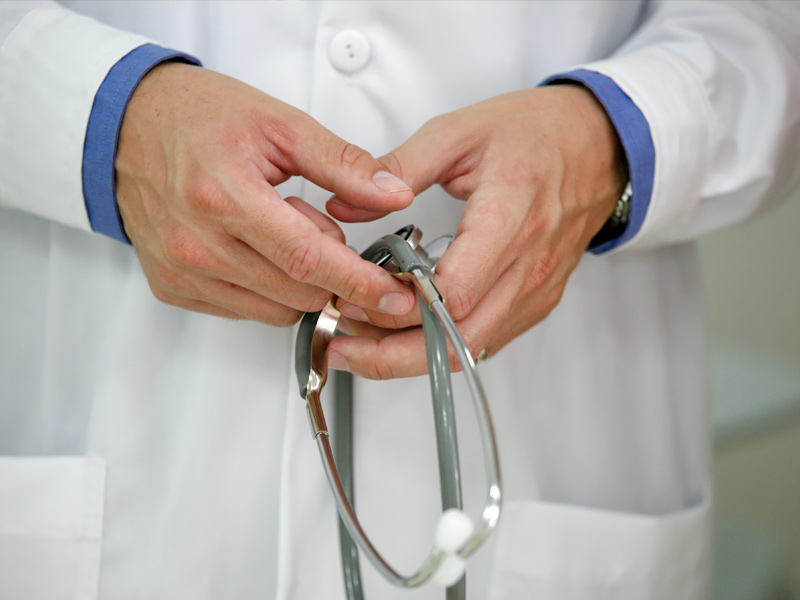Gut Bacteria May Lead to Increased Weight Loss after Gastric Bypass Surgery
According to scientists at Harvard University and Massachusetts General Hospital, gastric bypass surgery may help patients lose more weight by changing their intestinal bacteria makeup. This study discovered that while performed gastric bypass surgery on mice altered the composition of bacteria living in their stomach. These mice maintained a lower body fat and lost as much as 20% more weight.
The researchers believe that by finding ways to manipulate microbial populations in the body may be able to mimic the same effects on all patients. This could be a valuable tool to treat the epidemic of obesity. The researchers hope that these results can be achieved without weight loss surgery, but they have seen results using weight loss surgery as a vehicle to implement this treatment.
During the study, the mice were divided into three groups – those getting gastric bypass, those getting a sham weight loss surgery and those giving a sham surgery with a restricted diet. The results were more dramatic in the mice that had the real surgery. These animals had an increased level of Verrucomicrobia, Proteobacteria and Bacteroidetes. All of these bacteria are found in those who are of healthy weight.
The stomach is a key player in metabolism in the body, and this makes it an even bigger target for those looking for non-invasive ways to treat obesity. The researchers believe that one day it may be possible just to use medication or offer diet changes that will help morbid obese individuals to lose weight by changing the makeup of the germs in their stomach. This can occur without surgery at all. Ultimately, this has been found in gastric bypass patients because this procedure funnels food away from the stomach, which changes the makeup of bacteria found in the stomach. Also, by shortening the digestive track, the chemistry in the intestines has changed too. This is because both the pH and bile concentrations are changed as an effect of the surgical procedure.
Researchers suggest that it is now worth the extra attention to determine how and why these bacteria contribute to weight loss. If an answer can be discovered, patients may be able to be treated without surgery and the epidemic of obesity may have a cure. It is still unclear whether the same effect that occurred on animals will occur on humans, but researchers agree these results go into a good direction in terms of understanding changes in the intestines after gastric bypass surgery.
Leave a reply →












